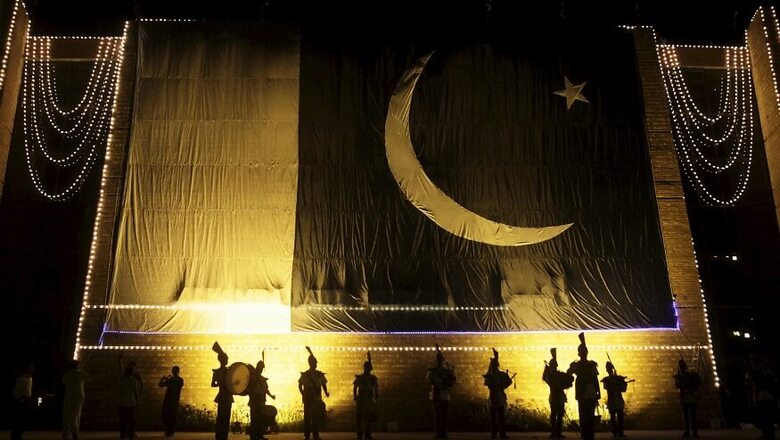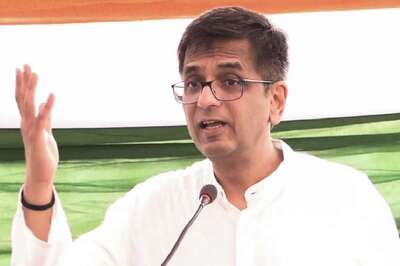
views
Washington: Religious persecution remains a silent feature of Pakistan where minority communities like Hindus, Christians, and Ahmedias are helpless victims at the hands of religious extremists who operate with the government's impunity, a Pakistani-American human rights activist told US lawmakers.
Testifying before a Congressional hearing on human rights situation in South Asia, Fatima Gul, Sindhi-American human rights activist, said Pakistan is also one of the most dangerous countries for women.
"Since 1990, 70 people have been killed for blasphemy and 40 people are currently serving life sentences and on death row. Religious persecution remains a silent feature of Pakistan. Hindus, Christians, Ahmedias,...and Hazara are helpless victims at the hands of religious extremists who operate with the government impunity, Gul told the Congressional subcommittee.
"Pakistan is primarily run by Pakistani Army and Islamic extremists' groups. The vast majority of Pakistani citizens experience oppression, violence, and religious and political persecution by government authorities and their supporters daily, she said.
With the US directly supporting the Pakistani government economically, Pakistani authorities have been able to persistently increase their stranglehold on citizens across the country, she added.
Pakistan, she said, is the only country in the world which legislated against its own citizens.
"Based on eyewitnesses, Pakistani military supports terrorists who have carried out massacres of Hazaras," she alleged.
Congressman Brad Sharman, Chairman of the Subcommittee Asia, the Pacific and Non-Proliferation of the House Foreign Affairs Committee pointed out that many times there are governments who say that they can't control the human rights in this area or that area or as a non-state actor.
"But when a country's legal system criminalises blasphemy, it's an invitation to anyone who doesn't like a member of a minority religion to claim that person blasphemed. And when they impose the death penalty for blasphemy, it's an invitation to the most terrible human rights abuses, Sherman said.




















Comments
0 comment